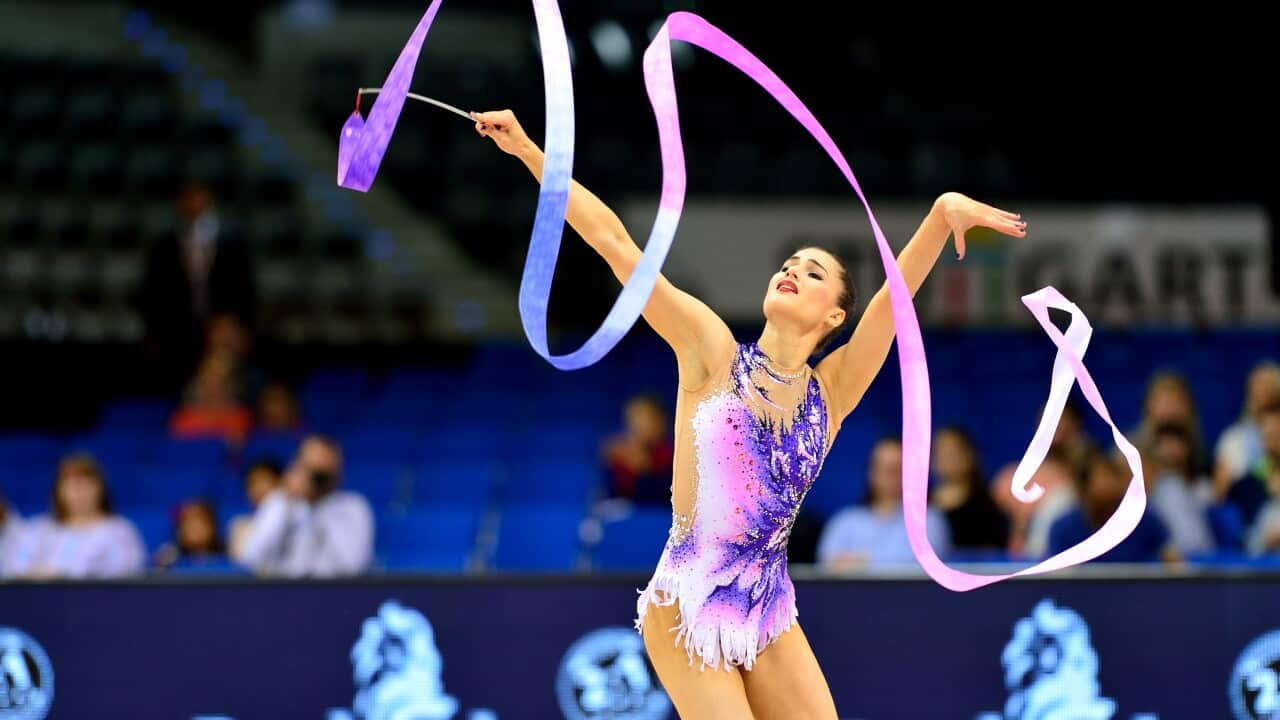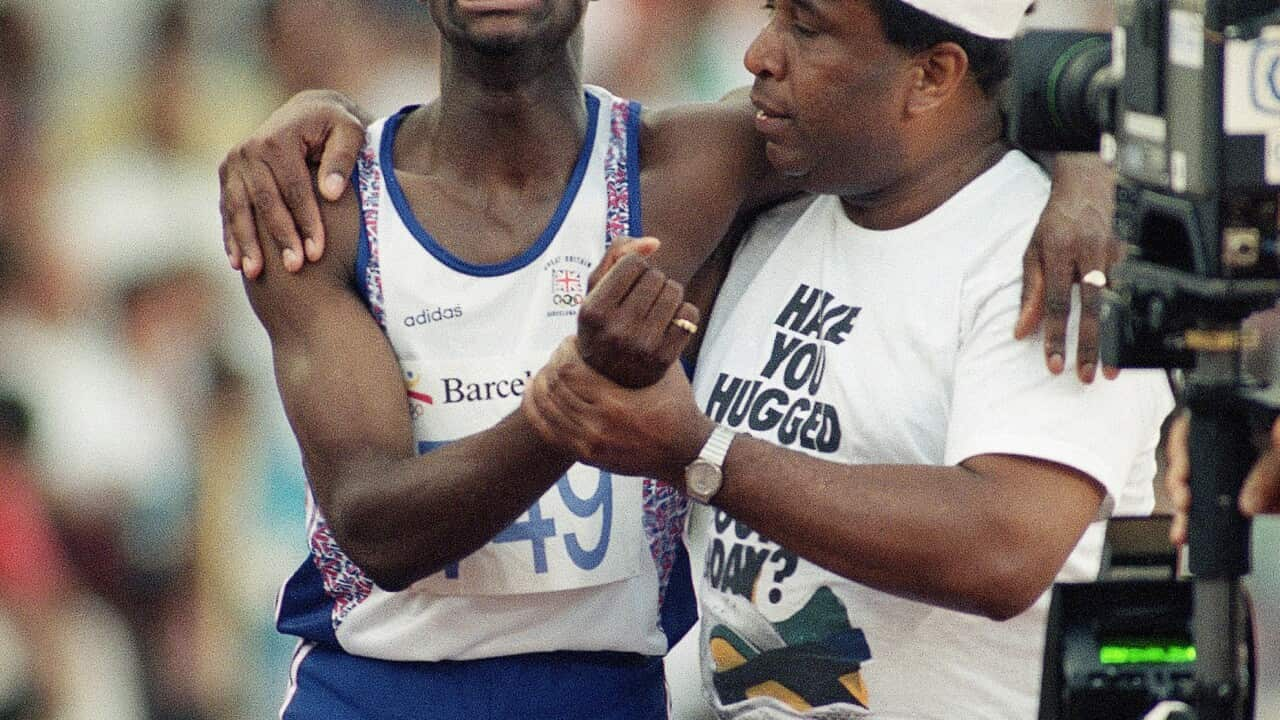When all is said and done, there is more said than done. This statement perhaps best articulates the sporting quagmire the Australian Sports Commission (ASC) now finds itself in, 16 years and four Olympiads on from the 2000 Sydney Olympic Games.
It can be argued that these last two weeks has clearly brought to the forefront the disconnect between elite and grassroots level sport. After the lackluster performance of the 2012 Australian Olympic Team, the ASC established an Olympic funding program ‘Winning Edge’, which was geared at maximizing our chances of gaining medals. The type of sport was irrelevant; if Australian Rules football had been an Olympic sport it would have been funded heavily.
‘Winning Edge’ was designed to ensure resources were aimed at the Australian athletes who had the best chance to medal. The Australian Government therefore allocated $260 million through the ASC to the various sports; some sports had their funding reduced while others had it increased. As the Rio games draw to a conclusion it is now evident that many of these financially favoured sports, including swimming, hockey and cycling, have under-performed, or, at the very least, didn’t reach the ASC projections.
For the orchestrators of this ‘Winning Edge’ philosophy, they claimed success at the Olympics would equate to more sporting participation at the grassroots level. The idea that youth would be inspired to emulate the efforts of our medal winning Olympians. This was their selling point. It was a convenient policy because it clearly meant you didn’t have to focus resources at the grassroots level.
For example, you could pump $35 million dollars into the Olympic hockey program and not worry about purchasing any hockey sticks or organising any hockey development programs for disadvantaged youth. Imagine what $35 million dollars could do for each of Australia’s struggling community hockey clubs. Imagine how many modified hockey sticks and balls could be used to great advantage in all Australian primary schools.
Former Olympic gold medallist, Russell Mark, has vividly described how the ‘Winning Edge’ philosophy has undermined his beloved sport of shooting at the grassroots. While declining participation, loss of facilities and the folding of clubs in various sports is becoming commonplace in the Australian sporting landscape, Russell Mark was one of only a few to publically condemn ‘Winning Edge’ prior to Rio.
'Winning Edge' was about a ‘top five finish’ and ‘35 medals’ in targeted sports to address deficiencies at the grassroots level. Problem is we are currently hovering around the tenth position, with nothing like 35 medals. Winning Edge hasn’t brought success. The blowtorch I suspect will be applied in the post-Rio period and there will be a long list of individuals who will ‘bag’ both the performances and ‘Winning Edge’.
My concern is that because of this policy, sports prestige in Australian society has declined. Many or perhaps even the majority of Australians understand and crave for the increase in the national sentiment that goes with Olympic success. Many were around at the time of the Sydney 2000 Olympic Games where we produced the greatest Games, assisted by the magnificent grab of medals. At this particular period Australia was a hotbed of sport across the spectrum at both the elite and grassroots level. It united all Australians, like no other institution or phenomenon. That was then, this is now.
In subsequent years and with the introduction of policies such as ‘Winning Edge’ we have questioned our passion for sport or at the very least our philosophy of sport. Public discourse has been critical and reflective. Watching Channel 7 we are asked to blindly cheer for our athletes while at the same time we are asked to pay for physical education and school sport.
We find out that more than $30 million has been spent on the rowing program and at the same time question why the majority of youth will never have an opportunity to sit on a rowing machine let alone row on Sydney Harbour. More than 40 per cent of school-aged students do no physical activity outside school hours and yet we are obsessed with a top five finish at the Olympics.
Sport therefore becomes a turn-off for Australians. We know the links between chronic ill-health and the related impositions on health budgets. We need government policy that is co-ordinated and aligns to maximise efficiency. The elite sport funding approach gives only lip service to the challenges we face in health.
The Olympics provide a special moment, but it is not one that will springboard us to better health and greater sporting participation. More importantly, the Olympics have become a turn-off for many Australians. The commercialisation of the Games has reinforced this notion that it has simply become a spectacle to be consumed. We have begun to understand the unholy trinity which is public money, spectacles and corporate profits.
Steve Georgakis is a Senior Lecturer of Pedagogy and Sports Studies at the University of Sydney.
Share




